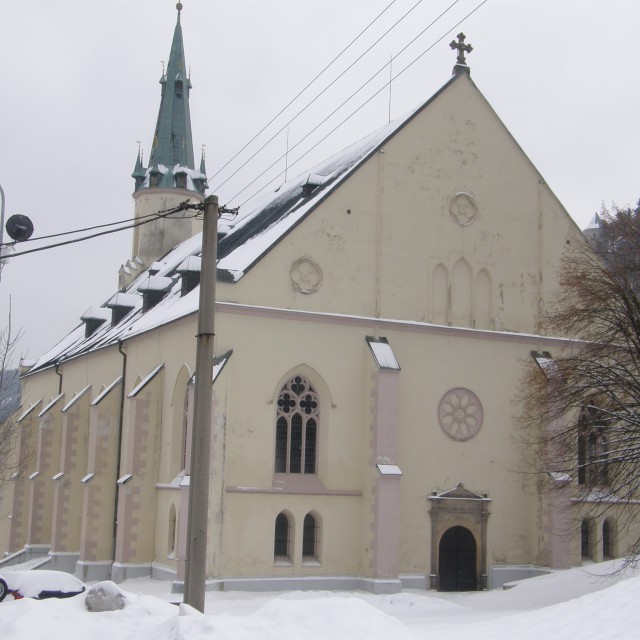A powerless priest
In September 1951, the political prisoners Irena Šimonová and her friend Helena escaped from prison and from a mine that produced brick clay where they were forced to work. Their plan and hope was to cross the nearby border to the West. Irena was desperate and exhausted, running away from the inhumane conditions of communist prison where she had spent the last two years and was to spend 23 more years. Even her relatives refused to help her during the flight and thus she sought support and help in a church in Jáchymov, even though she was not particularly religious. She entered the church to find the moral strength and support that she needed. She found the priest and bluntly informed him of the reason for their visit. "I confided to him that I was an escaped prisoner," says Irena Šimonová. "He just clasped his hands together and went all pale. He said that he couldn’t help me. I replied that I didn't expect any help from him; I just pleaded him to encourage me a little bit. But the priest said that he couldn't do even that. So I thanked him and I left. It was hopeless. They probably already had him on the payroll," says the witness. The two women were finally caught by the border guards on East-German territory. The refugees spent 11 days on the run. At their trial, it later turned out that it was actually not the priest that had given the escaped prisoners away.
Hodnocení
Hodnotilo 0 lidí
Trasy
Komentáře
Žádné komentáře k příběhu.



